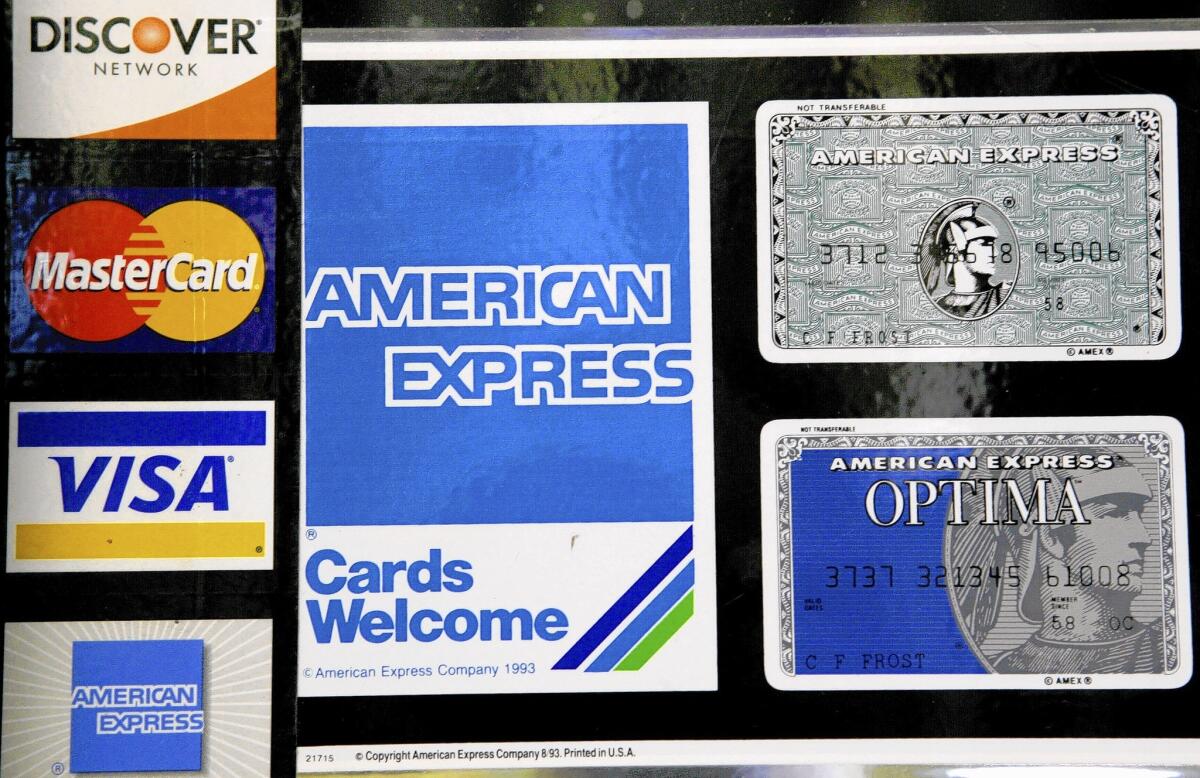Don’t rely on expected government pension to pay for retirement

Dear Liz: My husband works for the government and will be receiving a pension when he retires. Am I still supposed to save the recommended amount for retirement from my income or can that amount be reduced since we know we have the pension? We are starting a family and could use any extra money we can get right now.
Answer: If your husband is just a few years away from collecting that pension, counting on it to be there is reasonable. Since you’re just starting a family, though, it’s much more likely that retirement is decades away, and a lot can happen in that time.
Your husband could be laid off or fired, or he could quit. Even if he sticks it out, the government could change the way his pension is accrued to make it less generous. (The rising cost of public employee pensions concerns many lawmakers and taxpayers.) Even if he gets what he expects, his pension may not be enough to support the two of you in old age.
So yes, you should be saving for retirement. A cautious person would save as if no pension existed. Someone who’s comfortable with risk might simply aim to fill the gap between the expected pension and future living costs. Others might find a comfortable saving rate between those two points. You can use AARP’s retirement calculator to help you create a plan that allows you to take care of your family today without depriving yourselves in the future.
Old debts on credit reports
Dear Liz: Late last year, I applied for a credit card to buy a new computer on the computer maker’s website. I was declined. I was given the chance to talk to the credit card company’s agent and was belittled for having not-so-perfect credit, not enough credit and using too much credit, all in the same phone call. Needless to say, I got the message. I was also reminded that I’d had a charge-off on a competitor’s card in 1992! I always thought bad credit dropped off after seven years, certainly 10. Maybe you can clarify?
Answer: You need to take a look at your credit reports to see what lenders are seeing.
A charge-off from 1992 should have been removed in 1999, said credit expert John Ulzheimer, president of consumer education at CreditSesame.com. Charge-offs aren’t public records, so there would be no way for a credit card company to know that a competitor wrote your account off as a loss unless it’s still showing on your credit reports.
“This is why it’s a great idea to pull your credit reports from time to time to make sure ancient debts aren’t still on [them],” Ulzheimer said.
If the charge-off is still showing, you should dispute it with the credit bureaus to have it removed.
What might still be a public record is a judgment, if your old creditor filed a lawsuit against you and then took the trouble to renew the judgment to extend how long it could appear on your credit reports.
“That’s a little trick some lawyers play to keep judgments from expiring,” Ulzheimer said. “They’ll re-file them, sometimes in different jurisdictions, and the byproduct is new credit reporting.”
Under the Fair Credit Reporting Act, civil judgments have to be dropped after seven years unless your state has a longer statute of limitations. If it does, the judgment can be reported until the statute expires. The statute for judgments ranges from three years to 20 years. California’s statute of limitations for judgments is 10 years. Bills.com has a list of state statutes of limitation at https://www.bills.com/statute-of-limitations-on-debt/. If you find a judgment on your credit report that should have expired, dispute it with the credit bureaus.
You also should remedy the other problems the representative brought up. You need to pay down the balances on the credit accounts you’re using (preferably paying them off in full). Once you’ve done that, consider adding another credit card to your mix — but use it only if you can commit to paying the balance in full each month. Paying your bills on time and responsibly using credit will help you put your “not-so-perfect credit” behind you.
Questions may be sent to Liz Weston, 3940 Laurel Canyon, No. 238, Studio City, CA 91604, or by using the “Contact” form at asklizweston.com. Distributed by No More Red Inc.






